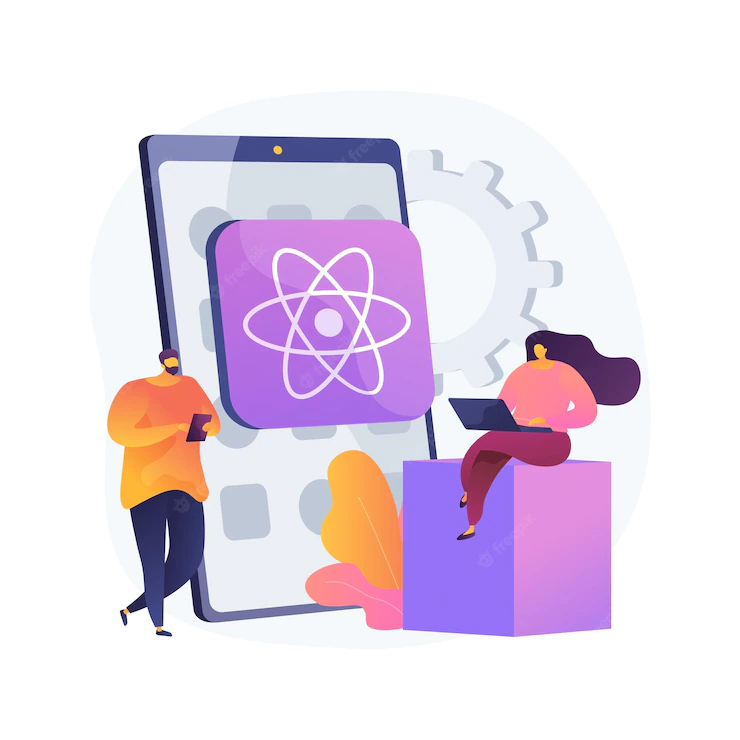- Home
- About
- Services
Data Engineering
and Analytics - Resources
- Partner with Us
The Mobile App Revolution: Transforming the world in one – tap
Adaptability and flexibility are the paramount in the field of mobile app development due to the dynamic and rapidly changing nature of technologies, user preferences and changes, and change in market trends. Agile framework has emerged as a transformative approach in the realm of mobile app development, it offers a dynamic and responsive methodology to navigate the challenges of the industry and to get the product outcome with more efficiency in the operations. Let’s dive into the concepts of Agile framework in Mobile App Development!
What is Agile Framework?
Agile is not just a set of processes it is a mindset and a philosophy that prioritizes flexibility, collaboration, and satisfaction of the customer. It emphasizes iterative development, where small, functional increments are delivered to the client in short cycles, allowing for quick adaptation to changing requirements and continuous improvement. In the context of mobile app development, where user preferences and technology evolve rapidly according to trends, Agile provides a framework that is perfectly suited to navigate the challenges.

The 4 Agile values
1. Individuals and Interactions over Tools and Processes:
This value of Agile emphasizes the importance of people in the development process. It recognizes that effective communication and collaboration among team members are crucial for development success. While tools and processes have their place, the focus should be on fostering a team environment where individuals can interact and communicate efficiently.
2. Working Solutions over Comprehensive Documentation:
Agile plays a crucial role in delivering functional and valuable software. While documentation is important, especially in traditional development methodologies, Agile values working software as the primary measure of progress. The emphasis is on creating tangible, functional solutions that provide value to the customer.
3. Customer Collaboration over Contract Negotiation:
Agile encourages active involvement and collaboration with customers throughout the development process. Instead of relying solely on rigid contracts and negotiations, Agile development teams work closely with customers to understand their needs, gather feedback, and adjust the product accordingly. The goal is to create a product that truly meets customer expectations and requirements.
4. Responding to Change over Following a designed Plan:
In Agile, change is viewed as a natural and expected part of the development process. This value acknowledges that requirements may evolve, and unforeseen challenges may arise. Rather than adhering strictly to a predefined plan, Agile teams are encouraged to be flexible and responsive, adapting to changes in requirements and priorities as they occur.
Implementation of Agile in Mobile App Development
Define Clear Goals: The first step is by establishing clear goals for the mobile app. Understand the target audience for which the product is made, the important key features, and the problem the app aims to solve or solving the needs of target audience . This sets the foundation for an effective Agile development process.
Prioritizing the Features: Prioritizing the features based on their importance and the impact created. This allows developers to focus on delivering the most critical functionalities first, and ensuring that the core of the app is solid before moving on to additional features.
Cross-functional Collaborations: Assembling a cross-functional team with diverse skills. This ensures that all aspects of development, from designing to testing, are addressed effectively and efficiently. Regular communication and collaboration are key to the success of Agile teams.
Continuous Testing and Feedbacks: Implementing continuous testing throughout the development process. Regularly gather feedback from clients and end-users to make necessary adjustments and changes. This iterative cycle of testing and feedback is fundamental to Agile success.
Benefits of Agile in Mobile App Development
Faster Time to Market: Agile’s iterative approach allows the developers for quicker release of functional features. This means that essential components of the app can be delivered to the users sooner which reduces the time to market and also helps in gaining a competitive edge.
Improvement in Quality: Continuous testing and feedback loops in Agile development lead to higher-quality products. Bugs and issues are identified and addressed early in the process, resulting in a more robust and reliable mobile app.
Enhanced Customer Satisfaction: By involving clients throughout the development process, Agile ensures that the final product aligns with their expectations. This leads to higher customer satisfaction and a greater likelihood of the app’s success in the market.
Cost Efficiency: Agile’s focus on adaptability and early error detection can significantly reduce the costs associated with fixing issues later in the development process. This cost-effectiveness is crucial in the often budget-constrained world of mobile app development.
In conclusion, the Agile framework has proven to be a game-changer in the dynamic world of mobile app development industry. It emphasis on flexibility, collaboration, and customer satisfaction which aligns seamlessly with the industry’s demands. By embracing Agile principles, development teams can navigate the challenges of mobile app development with agility, delivering high-quality, customer-centric products that stand the test of time.

